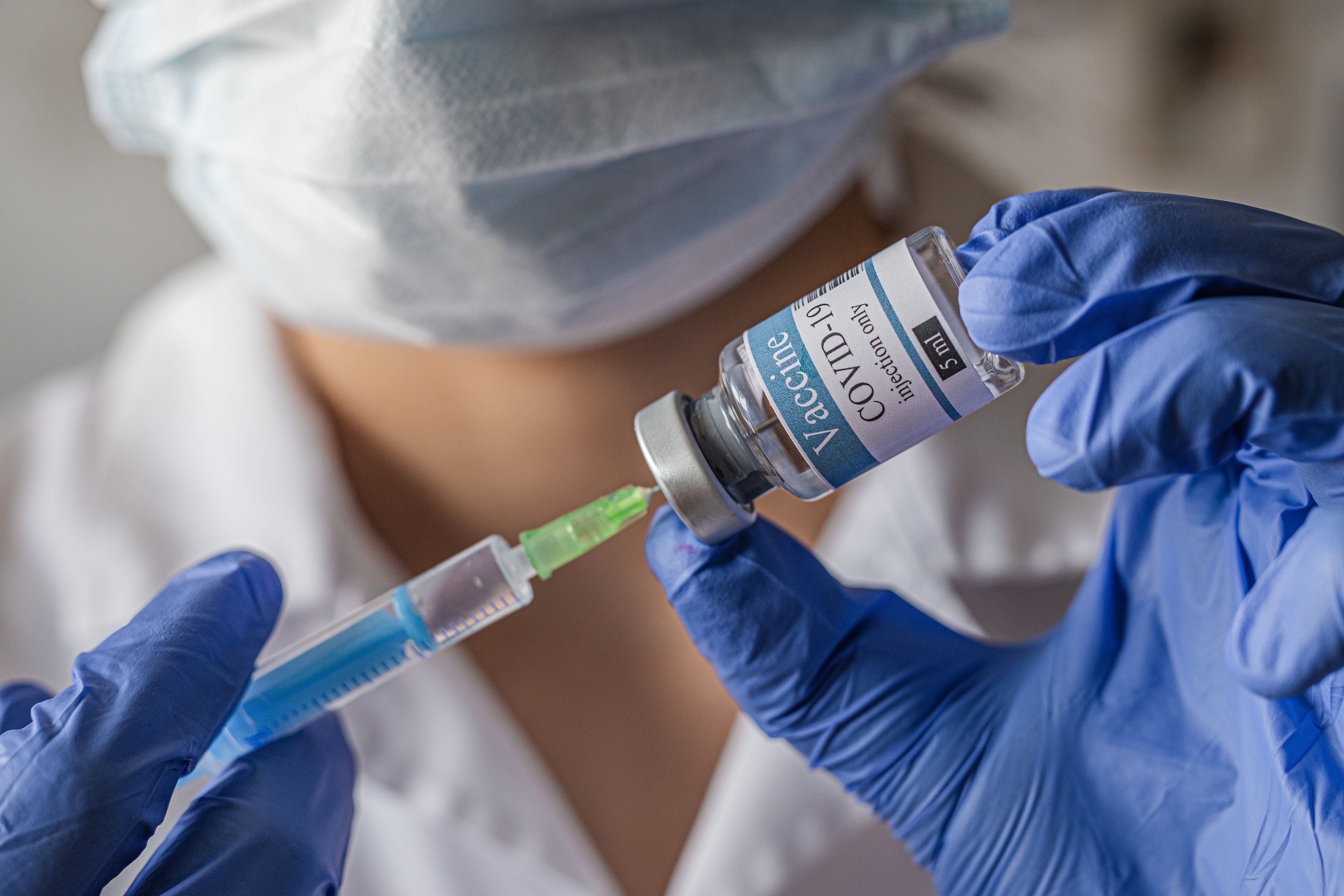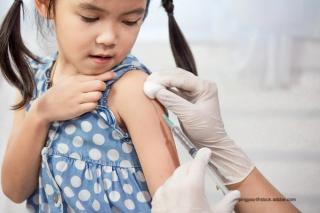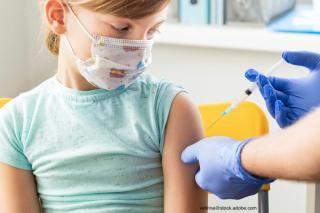
Infectious Diseases
Latest News
Latest Videos

CME Content
More News
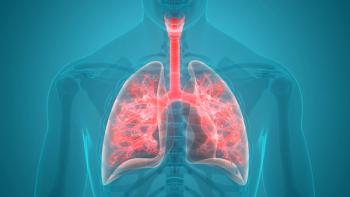
Management of ICEP with monoclonal antibodies against IL-5 and IgE (omalizumab) could be promising according to study authors, though extent of evidence is lacking.
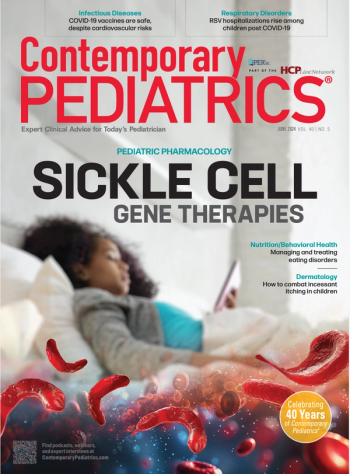
Editor-in-chief Tina Tan, MD, FAAP, FIDSA, FPIDS, highlights the June 2024 issue of Contemporary Pediatrics.
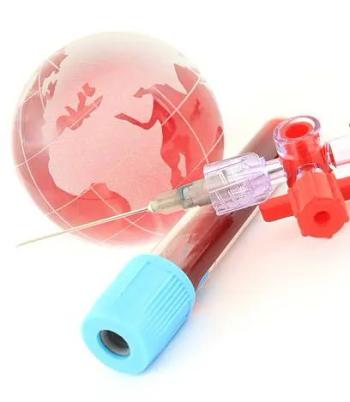
This report underscores the increase of STIs alongside the ongoing global epidemics of HIV and viral hepatitis in the Americas and African regions.
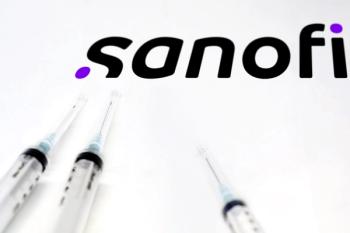
The program allows participants to reserve doses and be eligible for priority shipping, among other benefits.

Courtney Nelson, MD, highlights the session she presented at the PAS annual meeting discussing racial and ethnic disparities for influenza vaccine delivery.
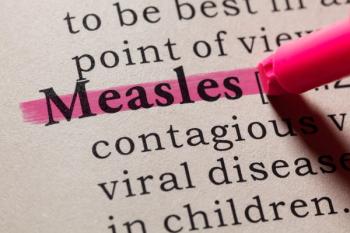
In a time when vaccine hesitancy is contributing to a rise in measles cases, an understanding of why parents are hesitant is key to help change their narrative.
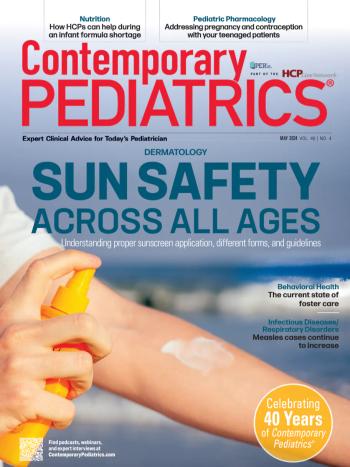
Editor-in-chief Tina Tan, MD, FAAP, FIDSA, FPIDS, highlights the April 2024 issue of Contemporary Pediatrics.
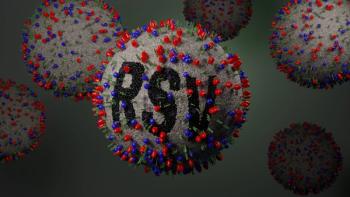
The new data, published in The Lancet, showed that nirsevimab substantially reduced RSV hospitalizations.

ICD-10 accuracy varied by age of the patient, influenza season definition, time between onset and testing, and clinical setting.
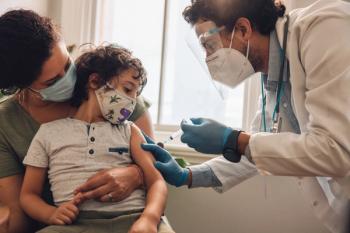
New cohort analyses observe a statistically raised risk of myocarditis, pericarditis and seizures among certain age groups, though the data do not go against FDA recommendations.
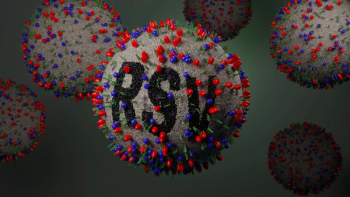
Cohort analysis shows the rate of RSV hospitalizations among children up to 5 years old skyrocketed in 2021—and then nearly doubled again in 2022—compared to pre-pandemic rates.

The monoclonal antibody was approved by the FDA on July 17, 2023 and quickly saw high demand at the onset of the RSV season.
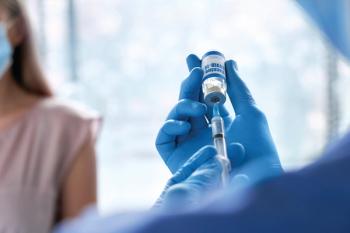
New data demonstrates protection against new variants.

Donna Hallas, PhD, CPNP, PPCNP-BC, PMHS, FAANP, FAAN, shares her thoughts on the latest issue of Contemporary Pediatrics.
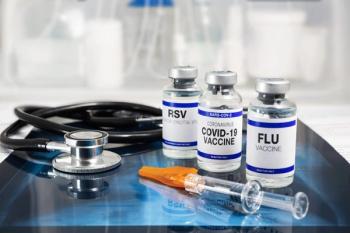
The investigators concluded that age-related risk differences "highlight the necessity for tailored strategies, improving understanding of and treatment development for RVIs."
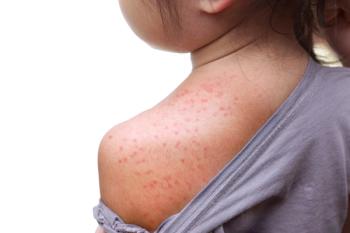
An increase in measles cases, 58 confirmed to the CDC as of March 14, 2024, has prompted the agency to send a health advisory alert to health care providers.

An intervention applied at family care practices shows benefit to tailoring education to both clinicians and medical assistants.

Tina Tan, MD, FAAP, FIDSA, FPIDS, tells Contemporary Pediatrics, “This is not new and demonstrates what is known, in that if vaccination rates do not stay at a level that is protective, outbreaks of vaccine preventable diseases will occur.”

A pediatric health system discontinues MRSA contact precautions with sustained infection control success, supporting broader consideration while emphasizing the importance of horizontal prevention measures.

A discussion of the intense 2023 RSV season, approved treatment tools, and an outlook for 2024.

Tina Tan, MD, FAAP, FIDSA, FPIDS, discusses vaccine hesitancy and hopes to increase vaccination for preventable diseases in 2024.
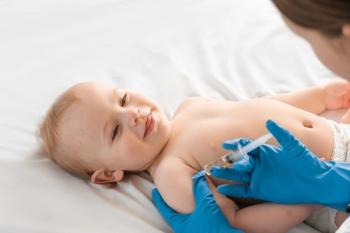
Sanofi and AstraZeneca plan on releasing 230,000 additional doses of nirsevimab-alip in January 2024
The unprecedented demand for nirsevimab-alip has resulted in a dramatic uptake in production of this RSV vaccine.
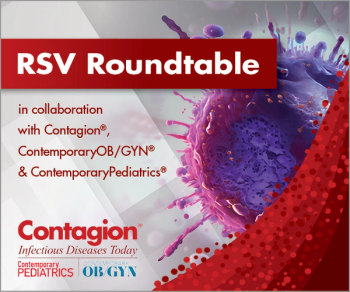
In the second installment of RSV Roundtable, our panel explains how they are educating patients and parents when it comes to RSV, vaccines and preventive measures, and limited treatment availability.

Last year’s historic RSV season left many wondering if this was going to become a recurring trend. Physicians weigh in on what they are seeing at their institutions in terms of infection rates.
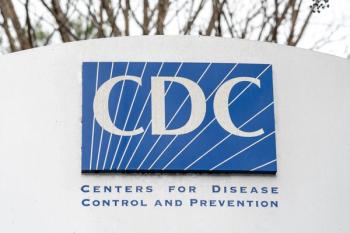
The Centers for Disease Control and Prevention is advising providers to prioritize 100 mg doses of nirsevimab, a monoclonal antibody FDA-approved to prevent respiratory syncytial virus (RSV), for infants at the highest risk of severe RSV disease.




